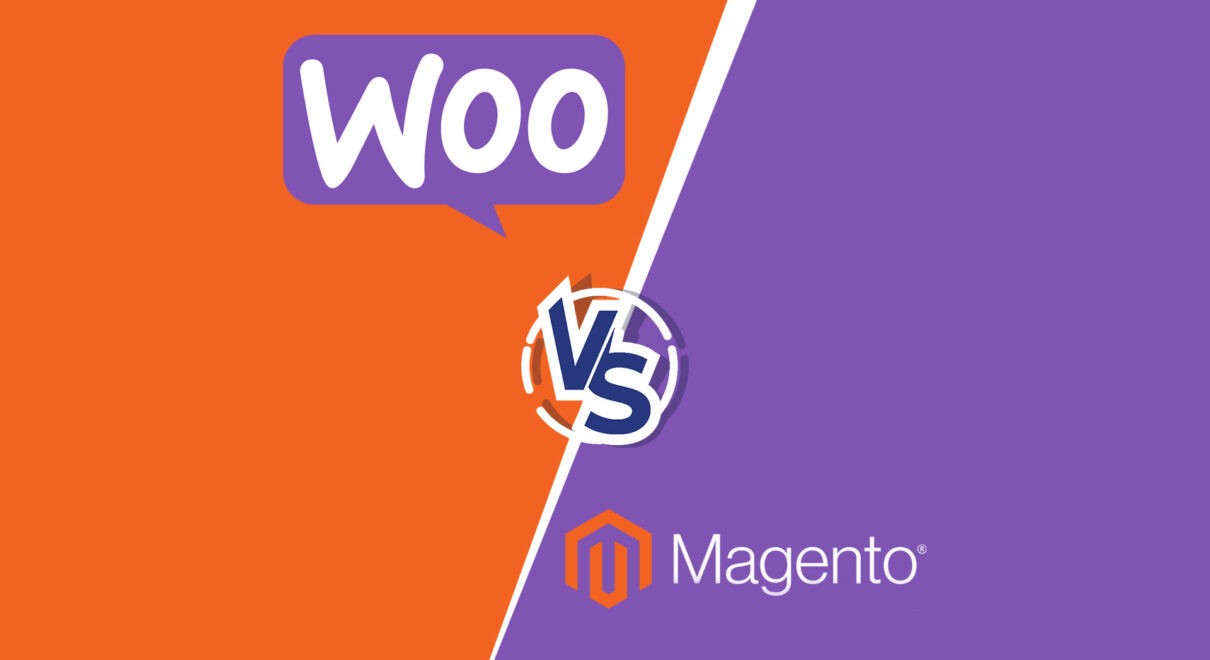A key initial step in building a strong online presence is comprehending the ideal e-commerce platform for your company. WooCommerce and Magento are two of the top competitors in this market. Although both systems offer strong capabilities for online shops, they also have unique advantages and significant distinctions. To assist you in making a wise decision, this post will thoroughly contrast WooCommerce versus Magento.
WooCommerce
WooCommerce is a free, open-source WordPress plugin that enables businesses to turn their websites into online stores. The platform is built on WordPress, which powers more than 39% of all websites on the Internet, meaning WooCommerce users benefit from a familiar interface and extensive community support.
WooCommerce excels in its ease of use and setup, allowing even the least technically inclined users to set up their online stores without much difficulty. It is highly customizable due to its integration with WordPress, offering access to thousands of themes and plugins for additional functionalities. Moreover, WooCommerce has excellent SEO capabilities due to its WordPress integration, an essential factor for online stores seeking to increase their online visibility.
Magento
Magento, on the other hand, is a feature-rich, open-source e-commerce platform owned by Adobe. It’s highly scalable and recommended for large businesses that anticipate rapid growth or already have high traffic volume.
Magento provides more advanced e-commerce features than WooCommerce out of the box. These include multi-language support, product reviews, advanced customer segmentation, and personalization. It is an incredibly powerful platform, but it does require a steeper learning curve and more development resources than WooCommerce.
A Comprehensive Comparison: WooCommerce Vs. Magento
When comparing WooCommerce and Magento, we’ll look at four main factors:
Ease of Use
WooCommerce, with its user-friendly interface and WordPress integration, takes the lead here. Magento’s complex nature makes it more suitable for advanced developers or businesses that can afford to hire a developer.
Customizability
Both platforms offer a high degree of customization, but WooCommerce has the edge due to the vast array of WordPress themes and plugins available.
Cost
Both WooCommerce and Magento offer free versions, but the total cost of running an online store on these platforms can vary. With WooCommerce, costs are incurred mainly through premium plugins and themes. Magento’s enterprise version is costly, and hiring a Magento developer can significantly increase expenses.
Scalability
Magento wins in scalability due to its advanced features designed for large businesses. While WooCommerce can support growing businesses, it might require additional plugins and resources to match Magento’s capacity.
Conclusion
The needs and resources of your company will play a significant role in your decision between WooCommerce and Magento. WooCommerce can be the best option if you value simplicity of use and cost-effectiveness when operating a small or medium-sized business. On the other hand, Magento’s sophisticated features and scalability make it a strong choice if you anticipate rapid growth or already oversee a sizable enterprise with huge visitor levels.
Remember that the best platform will support your company’s strategy and goals, thus considerable thought and research are required before choosing one.
Find out how much your e-commerce website design will cost in just a few clicks.





